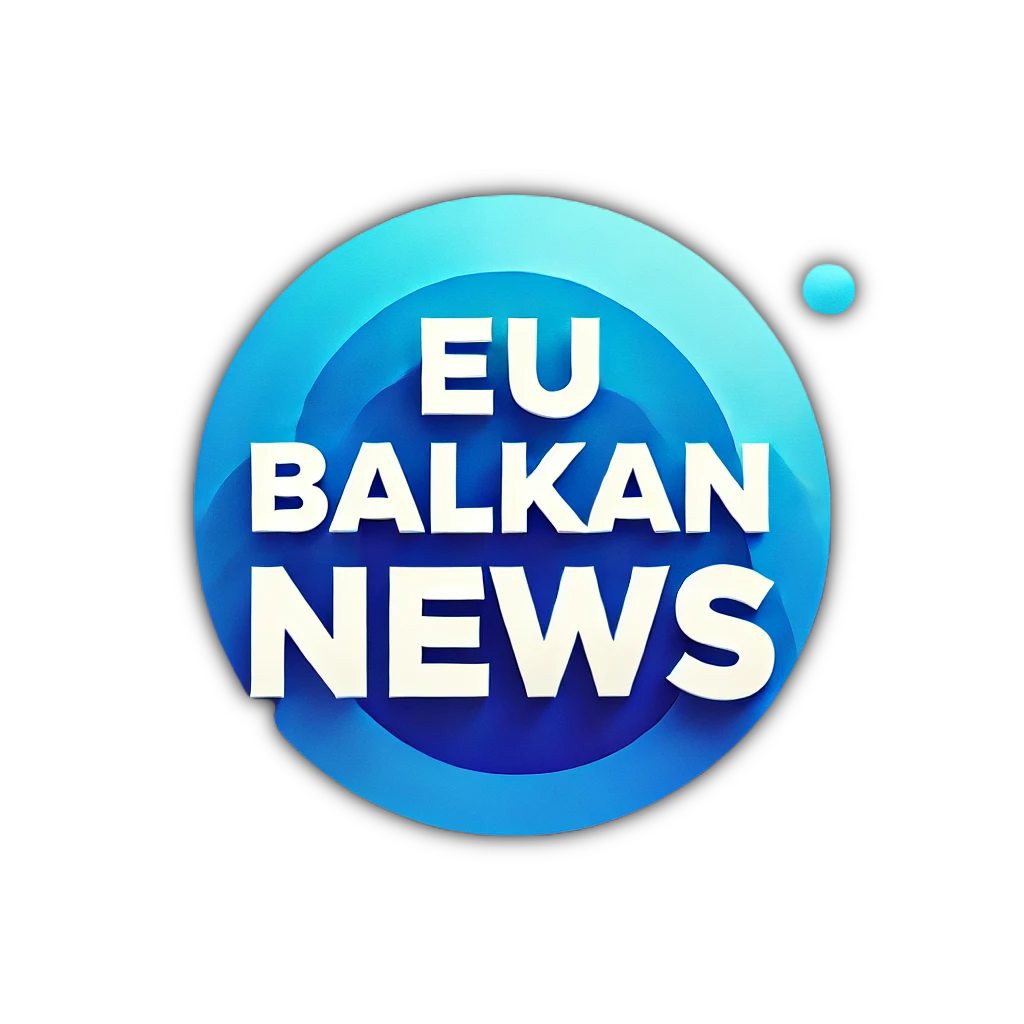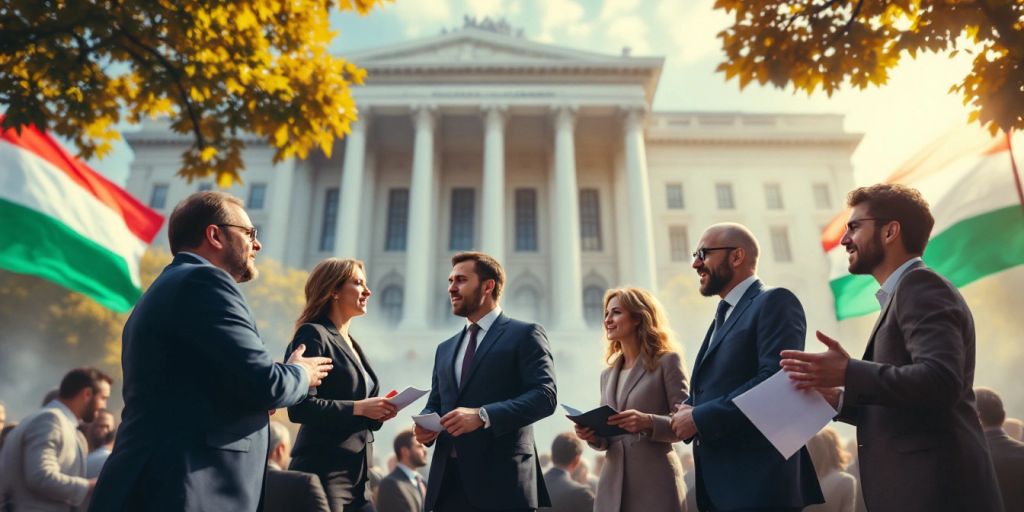Bulgaria is currently navigating a complex political landscape following the recent snap elections held on October 27. The results have sparked significant tension and raised questions about the integrity of the electoral process, as various political factions engage in coalition talks to form a stable government amidst allegations of vote manipulation and public discontent.
Key Takeaways
- The recent elections have led to increased political tension in Bulgaria.
- Allegations of vote buying and manipulation have emerged, prompting calls for accountability.
- President Rumen Radev has expressed concerns over the election results and their implications for democracy.
- Coalition talks are underway as parties seek to establish a functioning government.
Election Results and Public Reaction
The snap elections on October 27 were marked by a high voter turnout, yet the aftermath has been anything but peaceful. President Rumen Radev criticized the election results, stating that they have caused more tension rather than calming the public. He raised serious concerns about the fairness of the vote, questioning the role of state institutions in potential electoral fraud.
Radev’s remarks highlighted the growing unease among citizens regarding the integrity of the electoral process. He called for transparency and accountability from the caretaker government, particularly the Interior Ministry, to address the allegations of vote buying and manipulation that have surfaced in the wake of the elections.
Coalition Talks: A Path Forward?
As political parties scramble to form a coalition government, the challenges ahead are significant. The leading party, GERB, is expected to play a crucial role in the negotiations. However, the path to a stable government is fraught with difficulties, as various factions hold differing views on key issues.
- Key Parties Involved:
- GERB (Citizens for European Development of Bulgaria)
- BSP (Bulgarian Socialist Party)
- ITN (There Is Such a People)
- DB (Democratic Bulgaria)
The coalition talks are expected to focus on several critical areas, including economic recovery, anti-corruption measures, and Bulgaria’s position within the European Union. The outcome of these negotiations will significantly impact the country’s political stability and governance.
The Role of the President
President Radev’s role in this political turmoil cannot be understated. His calls for accountability and transparency resonate with a populace increasingly frustrated with political corruption and inefficiency. Radev’s administration has emphasized the need for a government that prioritizes the interests of the citizens over political maneuvering.
Looking Ahead
As Bulgaria moves forward, the political landscape remains uncertain. The coalition talks will be closely monitored, as the public demands a government that can effectively address their concerns and restore faith in the democratic process. The coming weeks will be crucial in determining whether Bulgaria can navigate these challenges and emerge with a stable and representative government.
In conclusion, Bulgaria’s political future hangs in the balance as coalition talks unfold against a backdrop of public discontent and allegations of electoral malpractice. The need for a transparent and accountable government has never been more pressing, and the actions taken in the coming days will shape the nation’s trajectory for years to come.
Sources
- Bulgaria’s GERB Poised To Win Vote, But Tricky Coalition Talks Ahead, Radio Free Europe/Radio Liberty.
- Bulgaria’s Weekend Weather: Sunny Saturday Precedes Cooler, Cloudy Sunday – Novinite.com – Sofia News Agency, Novinite.com.
- Bulgaria’s Weekend Weather: Sunny Saturday Precedes Cooler, Cloudy Sunday – Novinite.com – Sofia News Agency, Novinite.com.
- BTA :: Best Bulgarian Tennis Player Viktoriya Tomova Moves Up 2 Positions to 47th Place in UTA World Rankings, БТА.
- BTA :: President Radev: Election Results Caused Tension instead of Calming Society Down, БТА.

